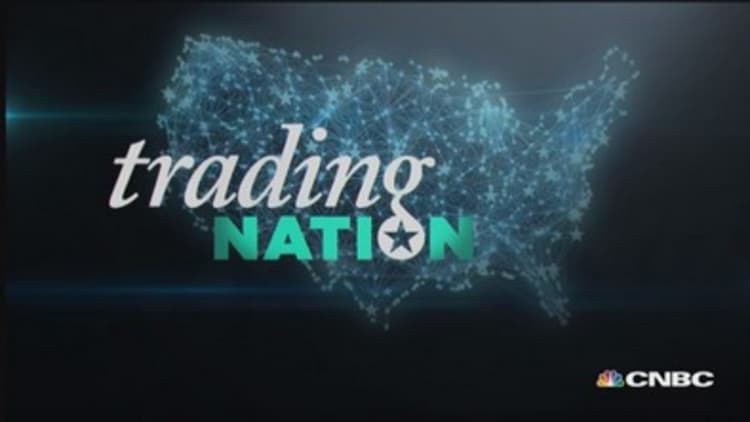
It's been a difficult few days for Treasurys.
This may be a bit surprising, given that the stock market has been down for four-straight sessions, and bonds' safe-haven status means they often enjoy a boost when stocks fall.
But some market professionals say that with the Federal Reserve's next move becoming increasingly uncertain, the traditional relationship between stocks and bonds is breaking apart.
"This might be an early hint of a different future regime," said Laeeth Isharc, partner at advisory firm Kaleidic Associates. "Growth has disappointed recently … but investors should be cautious about thinking [Fed Chair Janet] Yellen is a dove. She is driven by data and models, and if the labor market continues to improve, she will tighten policy even if that hurts equities."
Given that bond prices could consequently fall due to Fed tightening while stocks fall alongside them, "we should be aware of the possibility of a breakdown of the correlation between stocks and bonds," Isharc wrote to CNBC.
A less dramatic explanation may be that the fixed income market's reaction to last week's Fed statement—wherein bonds rallied on the expectation that rate hikes aren't coming anytime soon—was simply overdone.
"Bonds had gotten overbought after the strong post-FOMC rally," is how Ira Jersey, director of fixed income strategy with Credit Suisse, explained the parallel moves in bond and stocks.
Still, market participants are painfully aware that the first rate hike is drawing ever nearer with each breath, even as none of us knows when the dreaded day will finally arrive.
Andrew Burkly, head of portfolio strategy with Oppenheimer, said Thursday on CNBC that "a specific catalyst today could have been the jobless claims data, which is yet another piece of evidence that the job market is improving here, and it just gives the Fed a little more confidence that they can continue on their path to normalization."
With bonds responding aggressively to every bit of data that emerges, perhaps Treasury will indeed dance to different music than stocks—and days when bonds fall (or rise) alongside the stock market will become more common.
—CNBC's Lawrence Lewitinn contributed to this article.






